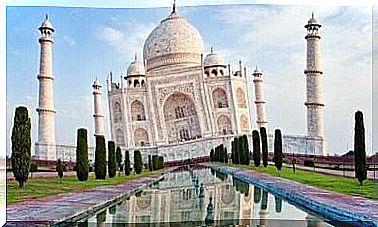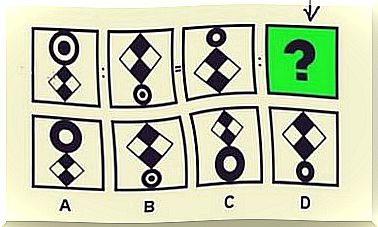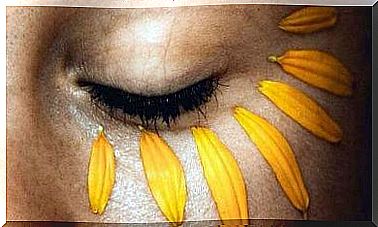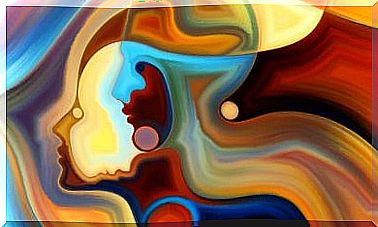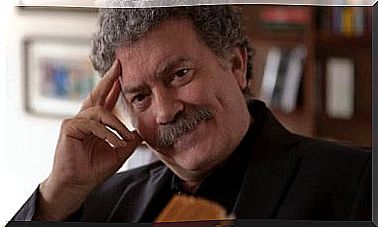Albert Camus, Unforgettable Writer
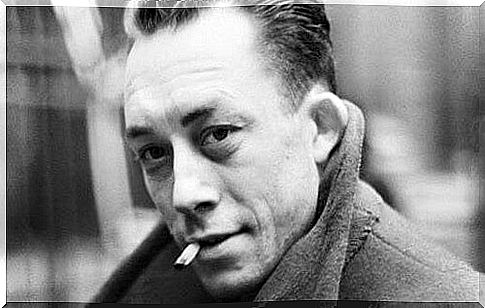
Albert Camus was the second youngest writer in history to be awarded the Nobel Prize for Literature. His immense, thoughtful and inspiring work collects the essence of the human consciousness of the time.
Works such as The Plague and especially The Stranger are immortal novels, which reflect the apex of existentialism, precisely where the absurdity of life and the pain of the weight of the past mix.
In the history of literature, the death of Albert Camus in 1960 is often remembered as one of the most unexpected. A few days before his death, the writer born in a neighborhood in Algiers had told his friends that there could never be a crazier end than dying in a car accident.
Curious fact: this would have been his end. He was on the passenger side next to his literary editor when a tire blew up and the car crashed into a tree.
Albert Camus, who described himself as a “lover of the absurd” of 20th century society, ended his life in the same way; leaving an unbridgeable void in the world of literature.
He was 47 and had received the Nobel Prize just three years earlier. He was one of the leading figures on the French literary scene, as well as an eternal friend and antagonist at the same time of the intellectual Jean Paul-Sartre.
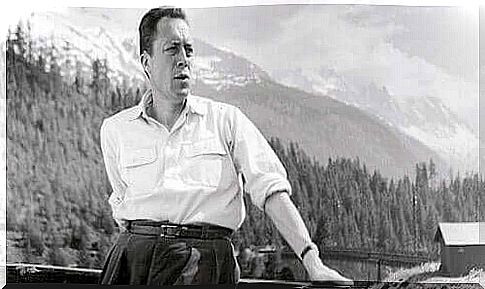
Biography of Albert Camus
Most of Albert Camus’ works are marked by the traces of the war and the strong impact it had on a good part of the twentieth century. The origins of this feeling can be traced back to the history of his family.
Born in 1913 in Algiers, Camus had to face the premature death of his father, which occurred during the First World War. Following this loss, the state offered him a scholarship that allowed him to attend the University and graduate in Literature and Philosophy.
In Algiers he led a humble life. Feeling attracted from an early age to Nietzsche and André Gidé, he spent hours in the library which awakened his great passion for literature and philosophy. When he became a teenager, he discovered that he was suffering from tuberculosis, a condition that limited his other great passion: sport.
But it will veto another aspiration: teaching. He was rejected as a lecturer and as a soldier when he decided to enlist in 1939. He therefore opted for another professional path, that of journalism, and soon became a correspondent for Alger Républicain .
Albert Camus, the journalist
Albert Camus became a journalist with his own voice, reactionary and idealistic. Because of the reactionary line drawn by his articles, the government ended up banning his newspaper in 1940. That same year his life changed forever when he got married to Francine Faure.
He moved from Algiers to Paris to become editor of a clandestine newspaper, the Combat. By this means he denounced the bombings of Hiroshima and Nagasaki.
During his time as editor of this rotogravure, Albert Camus wrote and published his masterpiece: The stranger . In its pages it distills the philosophy of the absurd, that malaise halfway between melancholy and existential irony, which according to most of the philosophers of the time characterized those years.
In 1943 he began working for one of the most important French publishing houses: Gallimard. After the Germans left Paris, he continued with his independent left and reactionary publications.
In addition to devoting himself to his articles, he spent the nights immersed in his literary activity, thanks to which masterpieces such as The misunderstanding and Caligula took shape . Later he would write one of his main works: The Plague.
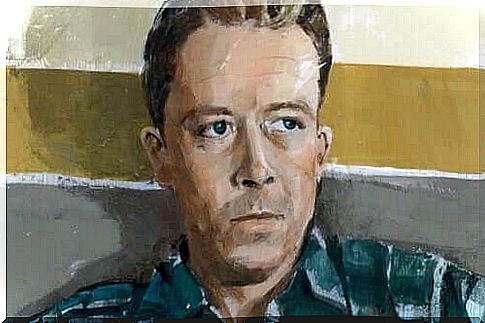
Albert Camus and Jean-Paul Sartre
The story between Camus and Jean-Paul Sartre is one marked by admiration, hostility and continuous dispute over the perception of existentialism. Both went down in history as two landmarks in the French culture of the 1940s and 1950s. Both represented French existentialism and leftist ideology.
Sartre argued that all people must reach a political compromise for and with others. The same goes for literature and philosophy: both must subordinate themselves to the historical moment and to the people.
Albert Camus deviated from these statements on many points: for him literature went far beyond philosophy and political idealism. Writing would be a reflection of one’s own freedom and should not be subordinated to anything else.
The story of a secret love
In Algiers, when he was working as an editor for the Combat newspaper , Albert Camus had started a love affair with Maria Casares, the Galician actress, daughter of the politician Santiago Casares Quiroga. The relationship continued even after Camus’s marriage and after the birth of his two twins.
Camus and Casares maintained an epistolary relationship that lasted over two decades. That love remained black on white, imprinted on an immense number of letters in which admiration, desire, existentialism, poetry, passion and intellectual refinement gave life to one of the most beautiful love idylls in history and literature.
The last letter of this great love is dated December 30, 1959. Camus would have died on January 4, 1960.
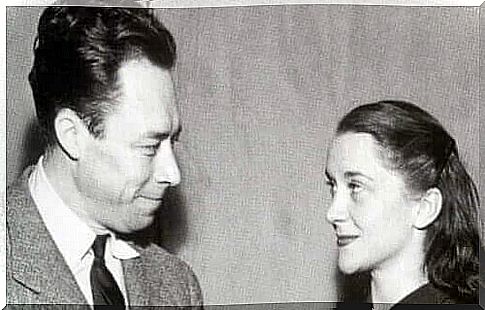
This excursus into Camus’s life conveys the same absurdity that he described several times in his works. The essence and the contradiction define the magic of our existence, right there, where the human being always manages to find a margin for personal improvement despite the difficulties.
Far beyond his philosophy, Albert Camus has given us with his books a wonderful exercise of reflection on the human condition, He questioned a good part of the ideologies that would have been the object of contemplation in the twentieth century, in the interval between the two wars and in the postwar period.
Finally, he was a defender of freedom and not just politics, like Sartre. He went further, because he believed in the freedom of the individual, in love and in our ability to create, progress and overcome ourselves.
